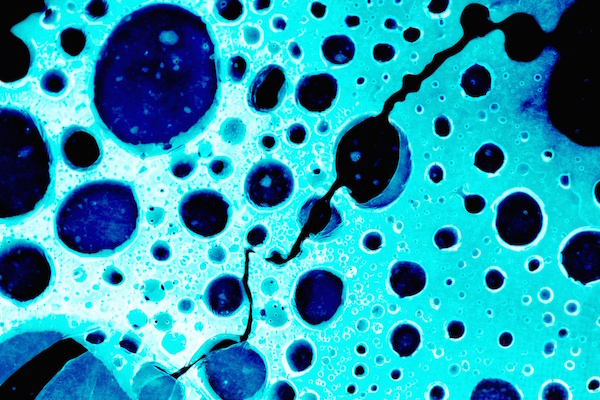
SUNDAY, June 19 (HealthDay News) — Dads don’t have to forego their plans to fire up the grill this Father’s Day, despite research that has linked red and processed meat consumption to colon cancer risk, experts say.
Researchers from University of Texas M.D. Anderson Cancer Center say that small changes in what people grill and how they do it could go a long way toward lowering their risk of cancer.
“The good news is that you can do something to reduce your risk of colorectal cancer,” said Sally Scroggs, health education manager at M.D. Anderson’s Cancer Prevention Center, in a news release from the center. “And, making just a few cooking adjustments when grilling can play a part in prevention.”
She offered the following tips for a healthier barbecue:
- Avoid hot dogs and other processed meats. Processed meats, such as bacon, ham, salami, sausage and hot dogs, can increase a person’s risk for colorectal cancer and should be kept off the menu. Cancer-causing agents form when these meats are preserved and can damage people’s DNA, according to the American Institute for Cancer Research.
- Cut down on red meat. Eating too much red meat, such as steak or hamburgers, can increase a person’s risk of cancer. Grill fish and skinless chicken instead, and limit your red meat consumption to three six-ounce servings per week.
- Don’t overdo it. Avoid charring or burning meat, poultry or fish over high temperatures. Charring causes heterocyclic amines (HCAs) to form, which can damage a person’s genes and increase the risk for stomach and colorectal cancers. Oiling the grill, precooking the food from two to five minutes in an oven or microwave to reduce cooking time, lowering the grill temperature (using BBQ briquettes and hardwoods like hickory rather than pine chips) and scrubbing the grill after each use all help to reduce exposure to HCAs.
- Put marinated meat on the menu. Marinating meat in lemon juice, vinegar and herbs such as mint, tarragon rosemary or sage for at least 30 minutes can reduce hazardous HCA formation by as much as 96 percent.
- Go lean. Either trim the fat or choose lean cuts of meat to reduce exposure to cancer-causing polycyclic aromatic hydrocarbons (PAHs) that form in the smoke when fat drips into the grill.
- Offer vegetarian choices. Fruits and vegetables can be grilled instead of or alongside meat.
“For some grilling enthusiasts, these changes might initially be a lot to stomach,” noted Scroggs. “But updating how you barbecue may mean you continue to enjoy grilling for many summers to come.”
More information
The American Cancer Society offers more tips on healthy grilling.

